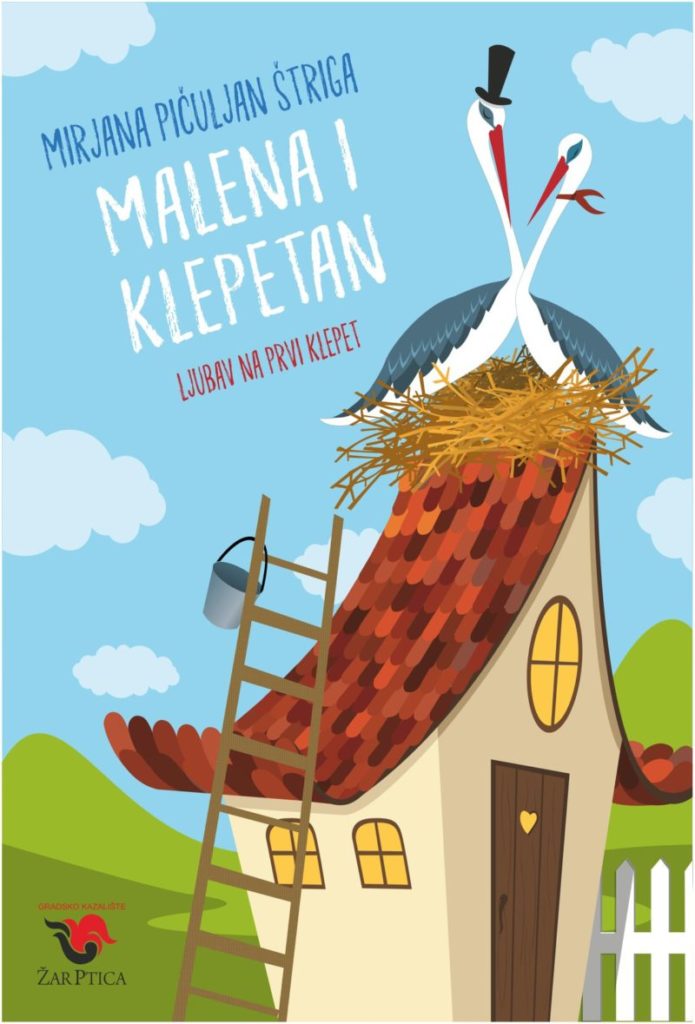

That story will then become uniquely special to each student who is listening. When I listen to a gripping history lecture, I do not know what my teacher is thinking I only grab onto his words and I myself form my own picture of what must have happened back then. We constantly imagine and dream, but distinguishing imagination from memory is difficult, because bits of imagination keep sprinkling to our pure memories and tarnishes them, making them flawed. Similar to when the prostitute asks Renato if it was his first time, he shook his head and said he has “imagined it lots of times.” This line explicitly reveals how imagination plays a crucial role in forming history.

This is how history is formed through memories. One memory is a thread which weaves itself into an invisible quilt of intertwined memories, forming the still incomplete story of Malena. His daydreams illustrate our innate power to distort our own reality.Įach person present in the city when Malena walks along Sicily will have a different experience of her. Therefore, each story can be told in an infinite number of ways. One person can retell a story to two friends differently, based on how that person remembers the past and based on what past emotion has been evoked at that moment. This could explain how a single event in history will have several stories, depending on the number of people present at that moment and sometimes multiplied by the range of emotions one feels. We create our own realities, the imaginative artists and writers would say. His daydreams illustrate our innate power to distort our own reality. When he gets home, he sees Malena’s body in his mind as if he has memorized every part of her perfectly shaped body, allowing him to conjure extraordinary fantasies to satisfy his desires.Įvery one of his intense fantasies of Malena occurred within the vast depths of his adolescent mind, which shows how people are extremely capable of creating their own experiences within their minds, and that history does not necessarily have to have happened externally, but history is indeed a product of our imperfect memories, usually real and true, but sometimes tainted with imagination. Throughout the whole movie, Renato lusts over Malena from a distance, without ever touching nor speaking to her. Fortunately, there was one person whose eyes had seen a far more clearer view of Malena’s story and who she truly is, who is without surprise, a pubescent twelve-year-old boy named Renato. Malena seems to have been cursed by a spell of hatred and loneliness because people were blinded by her beauty. It is called selective memory and we tend to be very good at it.

What about her virtuous inner qualities-her overwhelming fidelity and peaceful presence? It has been overshadowed by her seductive beauty, as people tend to pay more attention to what strikes the eye first. To the men, she was an irresistible object that can satisfy their most passionate urges.

The women saw a prostitute and an unfaithful wife in her. This tragic scene resulted from the townspeople’s impressions of Malena. This particular scene, in the director’s cut of the movie Malena, enraged me so much that the scene left me gasping for breath in utter shock. THE MEMORIES that evoke the strongest emotions are the ones we tend to remember most vividly-even those inconsequential details may easily be retrieved from our minds, like the images of Malena’s clothes being ripped off, her burnt knee as it scrapes on the cement, the strands of white blond hair that falls from the pair of scissors by a furious wife in a piazza in Sicily. We do not remember days we remember moments. Thesis: Our perception of history is a product of human memory, but memory itself is imperfect and transient.


 0 kommentar(er)
0 kommentar(er)
